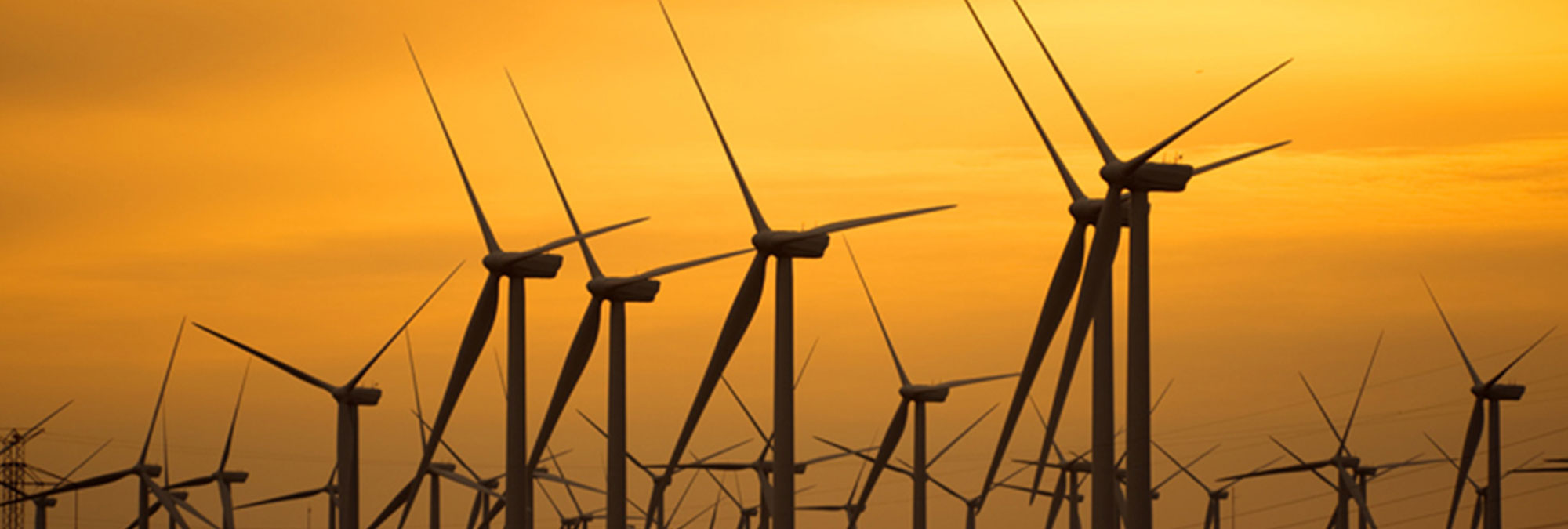Opportunities and challenges for Sustainable Finance in the UAE


In November 2019, the Abu Dhabi Global Market and Standard Chartered co-hosted a roundtable at the ADGM on the Challenges and Opportunities for Sustainable Finance in the UAE, bringing together over 25 participants from the finance, government, industry and legal sectors. Discussions concerned the evolution of the market in the UAE over the last decade and what needs to be done to ensure the continued market growth required to achieve the Sustainable Development Goals (SDGs) and to restrict the pace and adverse effects of climate change. This White Paper draws on the roundtable to provide recommendations to financers and investors who are looking to be further involved in sustainable finance by sharing best practices and suggestions for tackling key challenges, in the hope that this will increase market activity and encourage further collaboration.
The last few years have seen significant growth in the sustainable finance market globally, with several notable deals in the UAE, such as First Abu Dhabi Bank’s 2017 green bond issuance, and the DP World green conventional and Murabaha revolving credit facility, for which Standard Chartered was the Green Loan Coordinator. This White Paper looks at lessons from those issuances, and others across the world, to provide guidance to market participants. Key takeaways include the importance of appropriate nomenclature for an issue and establishing quality frameworks to prevent accusations of greenwashing. While there is no doubt that there must be continued efforts to expand the green economy if there is to be any hope of limiting global warming to well below two degrees Celsius, it is critical that efforts to meet all the SDGs are also stepped up sooner rather than later, since we are not currently on track to achieve either goal by 2030.
The clear potential for the UAE’s renewable energy sector makes it an appealing area of focus for financial institutions. Solar energy has continued to grow in the region since Masdar inaugurated what was the world’s largest concentrated solar power (CSP) plant at the time – Shams Solar Power Plant – in 2013. The plant, which remains one of the world’s biggest CSP projects, has paved the way for additional renewable energy capacity in the UAE, most notably with the recent development of the Mohammed bin Rashid Al Maktoum Solar Park in Dubai and the completion of the Noor Abu Dhabi solar power project, and the country’s climate lends itself well to the technology. Islamic finance is a particularly useful mechanism for the UAE. Given the intrinsic layers of governance that already exist in Islamic structures and the inclusion of social principles in determining what funds can be used for, there is an evident harmony with sustainable finance.
There is also an important role for regulators in this market. By providing guiding principles and the appropriate support, they can provide a framework for the market to continue to grow. There are four key areas that regulators should consider: creating certainty; encouraging collaboration; facilitating awareness; and fostering innovation. Supporting the provision of these should be a focus for market participants so that they can be confident in the long-term health of the market.
There is no one right path for sustainable finance as long as the underlying principles of doing less harm and striving to do more good are respected and incorporated. This White Paper does not seek to be prescriptive but to share important lessons and, through conveying the state of current dialogue and providing guidance, to ensure continued growth by offering advice to existing and new market participants.
Click here to read the full white paper.